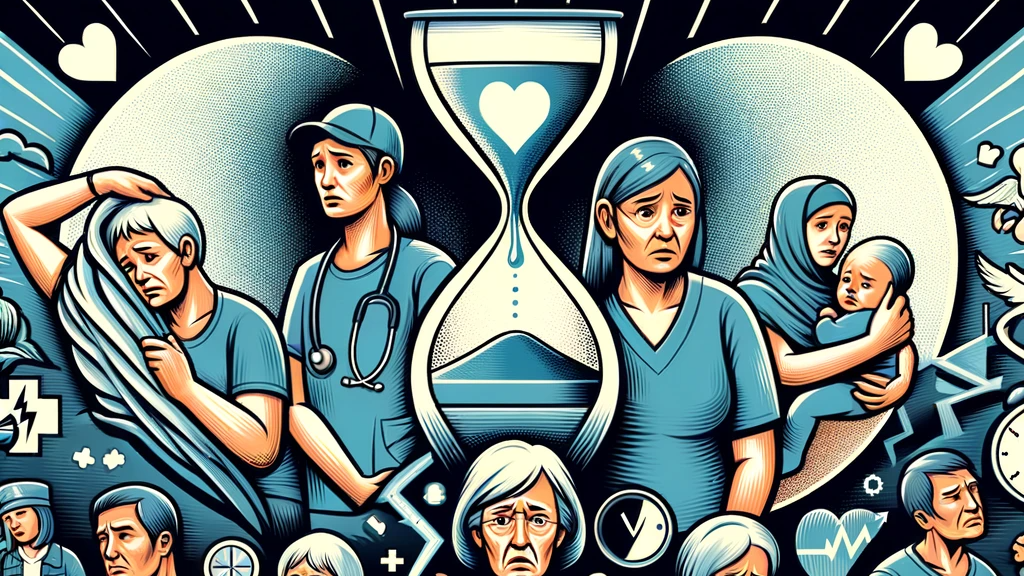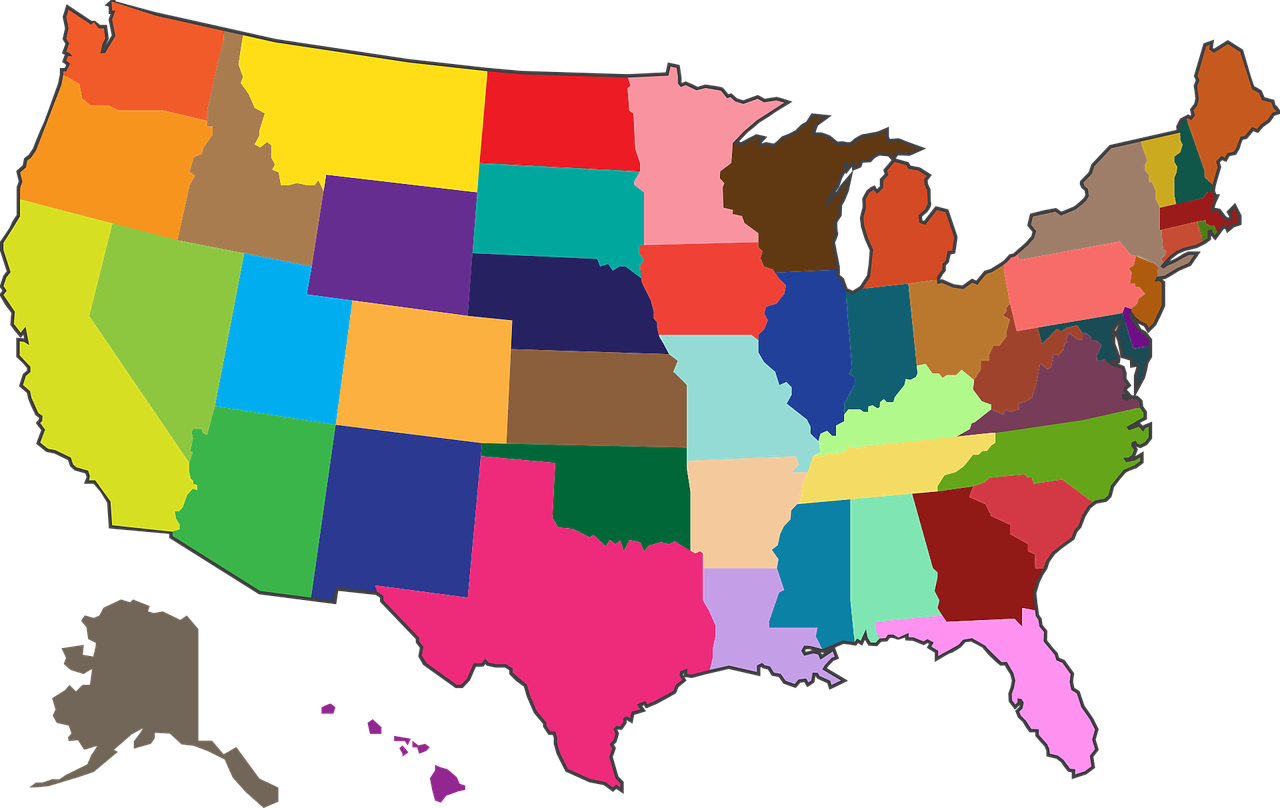The Unseen Burden: Financial Strain and Health Risks of Family Caregivers
Explore the silent struggles of family caregivers in 'The Unseen Burden'. This profound image captures their tireless dedication amidst financial hardship and health risks, offering a poignant reminder of their often-overlooked sacrifices

In the wake of Family Caregiver Month, it is crucial to shed light on the persistently overlooked needs of family caregivers. These selfless individuals are the backbone of home-based care, yet their struggles often remain invisible. This article delves into the multifaceted challenges faced by family caregivers, highlighting their need for financial compensation, retirement savings, and the alarming parallel with the neglect faced by military veterans. As we navigate an era where low birth rates and shifts in Medicare place an even greater burden on these caregivers, understanding their plight is more important than ever.
The Financial and Health Plight of the Family Caregiver
Family caregivers provide an estimated $650 billion in unpaid care annually. Despite this monumental contribution, they grapple with high healthcare costs, including copayments and deductibles, which often discourage the use of essential services. This financial burden is compounded by the lack of support for retirement savings, leaving caregivers vulnerable in their later years.
Financial Compensation: A Necessity, Not a Luxury
The financial needs of family caregivers extend beyond mere recognition; they require tangible compensation. With the increasing costs associated with healthcare and the responsibility of caring for others, caregivers are often left with little to save for their own future. This situation is exacerbated by the evolving Medicare policies, which shift more financial responsibility onto individuals.
The Physical and Mental Toll of Caregiving
Caregiving is not just a financial burden; it also poses significant health risks. Studies show that 63% of caregivers suffer from serious illnesses or pass away before those they care for. This alarming statistic highlights the urgent need for support systems to alleviate the immense stress and physical demands placed on caregivers.

The Dire Need for Respite Care and Support Systems
Respite care, an essential service that provides temporary relief to caregivers, is in critically short supply. The lack of affordable and accessible respite care options leaves many caregivers without the necessary breaks to maintain their health and well-being. A national program promoting volunteerism and creating Care Team Partner support groups could offer much-needed support to these individuals.
The Role of Government and Policy in Caregiving
While government policymakers and presidential candidates often pledge to address the needs of family caregivers, there is a conspicuous lack of follow-through once in office. The promises made during campaigns rarely materialize into concrete actions, leaving caregivers in a perpetual state of uncertainty and neglect.
Educating the Public on Caregiving Realities
Public awareness about the challenges faced by family caregivers is crucial. This includes understanding the impact of the direct care worker shortage and the prohibitive costs associated with Medicare Advantage programs. High copays, sometimes reaching $250 per day for skilled facility care, are unsustainable for many families.
The Imperative of Self-Care for Caregivers
Organizations often advise caregivers to practice self-care, but the reality is that this is easier said than done. The current state of caregiving, characterized by a lack of resources and an aging population, makes self-care a challenging, if not impossible, task for many caregivers.
The Aftermath of Caregiving
The journey of caregiving often leaves indelible marks on those who undertake it. Post-caregiving, many caregivers find themselves grappling with financial instability, health issues, and emotional turmoil. Statistics paint a grim picture of the state of family caregivers after their caregiving responsibilities end.
The plight of family caregivers is a silent crisis. They shoulder immense responsibilities, often at the cost of their financial stability and health. As a society, we must recognize the invaluable service these individuals provide and take concrete steps to support them. This includes financial compensation, accessible healthcare, and robust support systems. Only then can we begin to address the mounting stress levels and the complex challenges faced by family caregivers, ensuring they do not suffer the same fate as our often-neglected military veterans.
Support Our Caregivers: Sign the Petition for Their Rights and Well-being
In a world where family caregivers and direct care workers tirelessly dedicate themselves to the well-being of others, it's time we stand up for their well-being too. I urge you to sign and share the Caregiver Relief Family Caregiver and Direct Care Worker Petition.

This is more than just a petition; it's a call to action, a plea for justice, and a step towards acknowledging the invaluable work these caregivers do. By signing, you are not only showing your support but also helping to elevate the voice of this often-overlooked community. Your signature can drive change, leading to improved conditions, fair compensation, and the recognition they so rightly deserve.
Remember, the health and well-being of our caregivers directly impact the quality of care they can provide. They have been there for us; now it's our turn to be there for them. Let's come together to make a difference—our collective action can lead to a brighter, more sustainable future for caregivers everywhere. Your support matters; please sign and share this petition, because our health and well-being depend on it.
Please sign the petition and share this post with others. Together we can make a difference.
Share your stories of the challenges and obstacles you face as a family caregiver
You might also like this article:










